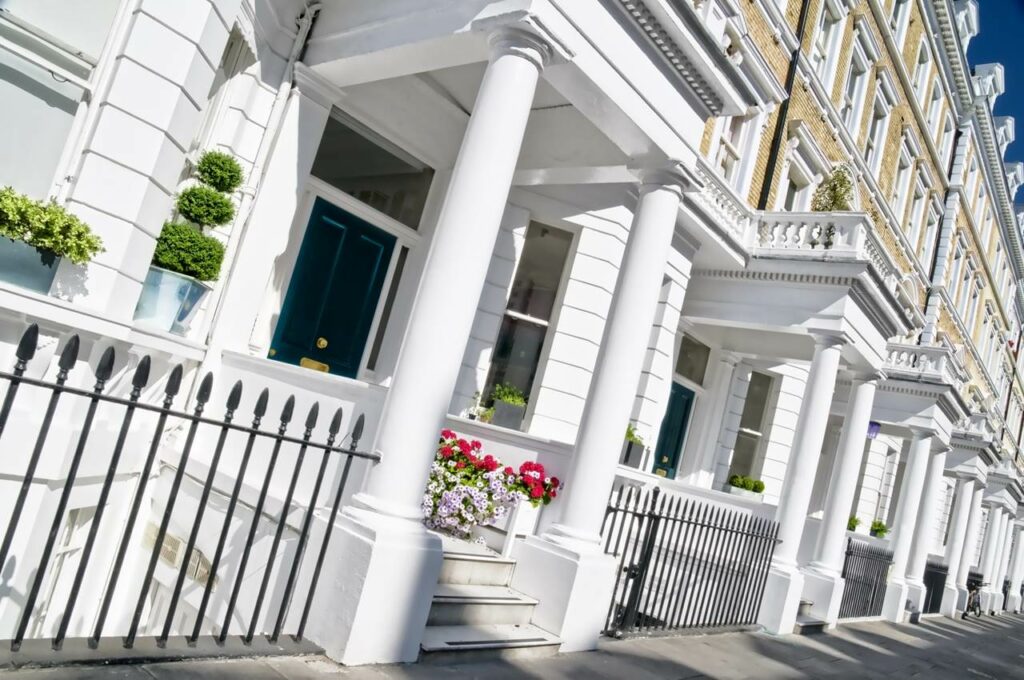VAT treatment of overage payments
HMRC’s view in 2023
What are Overage payments?
Overage payments are essentially an additional consideration paid by developers to sellers of land and property where certain events or milestones are met after the land sale. Their primary aim is to give the seller a share in any excess profits that materialise from the development and the onward supplies made by the purchaser. By their very nature, it’s not always possible to quantify the value of the overage payment (or as we will see the VAT liability) at the time the land or property to which the overage payment relates to is sold.
Overages can be an extremely important part of a property deal and are relatively commonplace. It’s therefore surprising that the VAT treatment has remained so controversial for so many years, with HMRC seemingly undecided about the correct VAT liability and, to date, offering little or no published guidance.
It is understood that HMRC’s current view is that the VAT liability of the overage payment should follow the same treatment as the original land sale. However, in the past, HMRC has provided three different opposing views.
HMRC’s previous views
- In 2008, based on legal advice, HMRC believed that each overage payment should be treated as a separate supply to that of the land to which it related. The VAT liability should therefore be determined in accordance with the facts applying at the time the overage payment is made. This resulted in some overage payments having a different VAT liability to the original supply of land or property, although this position was never actually published by HMRC.
- Between 2008 and 2020, HMRC frequently gave conflicting views, suggesting in some cases that all overage payments were standard rated. It seemed that HMRC had formed the view that overage payments were not linked to the original land sale at all. However, in 2020 this view was discredited by the Tribunal in the Landlinx Estates case.
- In 2021 HMRC sought new legal advice which differed from the earlier advice received in 2008. It’s this new advice that now forms HMRC’s current thinking that overages should follow the same VAT liability as the original land sale to which the overage payment relates. HMRC has indicated that they intend to publicise their views in writing sometime in 2023. While HMRC’s revised thinking is arguably a more reasonable approach, it could at some point be subject to challenge and it’s not inconceivable that HMRC might change their minds (again).
HMRC’s view in 2023
An overage payment should normally take the same VAT liability as the original sale of the land or property to which is relates. In essence, it is seen as additional consideration for the original land related transaction. It is understood that HMRC will only enforce this view from a future date (i.e., from the date their proposed guidance is actually published).
So, whether the original sale of the land was standard rated, zero rate, exempt, or outside the scope as a Transfer of a Going Concern, the overage payment should follow the same respective VAT treatment. This would still be the case even if, between the original land related sale and the payment of the overage, there has been an option to tax (or a disapplication of an option to tax) or some other change to the liability of the land or property arising from the development of the site.
Effect of an option to tax (or disapplication of an option to tax)
HMRC previously argued that a change in the seller’s option to tax effected the liability of the overage payment. Essentially this meant that each overage payment was being treated as a separate supply with a different tax point, and the liability was determined depending on the option to tax position at the time of payment. This previous policy has some merit, especially when you consider that, under section 96 (10A) of the VAT Act 1994, where supplies are made at different times, the zero rating or exemption is determined according to the circumstances prevailing at the time of each supply.
However, HMRC’s new policy (still to be put in written guidance) is expected to confirm that land transactions involving overage payments will not be regarded as a series of different supplies. The original land sale is the only supply, albeit with additional consideration, in the form of overages, payable at some future point in time. Therefore, a change in the option to tax status of the property before payment of the overage should not change the VAT liability.
Effect on residential developments
Another anomaly of HMRC’s previous policy arose where land was sold for residential development. The overage is usually based on the proceeds from the sale of residential property. This led to the overage being treated as exempt when the original land related sale might have been standard rated. In this scenario, HMRC’s new policy will see the overage also attracting VAT.
Whilst this additional VAT is likely to be recoverable in most instances, there could still be a consequential increase in the buyer’s SDLT charged on the original land sale.
Effect on freehold sales of new commercial property
Conversely, this may have a positive effect when the original land related sale was exempt. As the freehold sale of most new commercial buildings is compulsorily standard rated within the first three years of construction, HMRC’s previous policy would have seen the overage payments treated as standard rated.
However, HMRC’s view in 2023 is to treat the overage as exempt, despite the existence of a new standard rated building on the site when the overage becomes payable.
Effect on sales as a Transfer of a Going Concern
Where the original sale of a tenanted property qualified as a Transfer of a Going Concern, this would have been disregarded for VAT purposes. Previously, there was an argument that, as any continuing rental business had ceased by the time the overage was due, the Transfer of a Going Concern conditions were no longer met, so that it could not follow the original treatment. However, this presupposes that the overage payment creates a different or new supply (since the Transfer of a Going Concern is a disregarded supply).
It is hoped that HMRC’s new guidance will confirm that any overage will be treated as additional consideration for the Transfer of a Going Concern and can also be disregarded.
Summary
For many years, ascertaining the correct VAT liability of overage payments has been tortuous, not least because of the uneasy conflict between the actual date of the underlying supply and the rules determining the tax point for VAT accounting. This has not been helped by HMRC’s lack of understanding and their unwillingness to provide clear guidance. Hopefully, written guidance will be published shortly and provide clarity going forward – at least until the next Tribunal case throws it all up in the air again.
Would you like to know more?
If you would like to discuss any of the above issues or are seeking to mitigate VAT costs on this or any other areas of expenditure, please get in touch with your usual Blick Rothenberg contact or Gabby Donald, using the form below.
Contact Gabby

You may also be interested in

Bleak News from the UK Property Market

Changes to VAT options to tax













